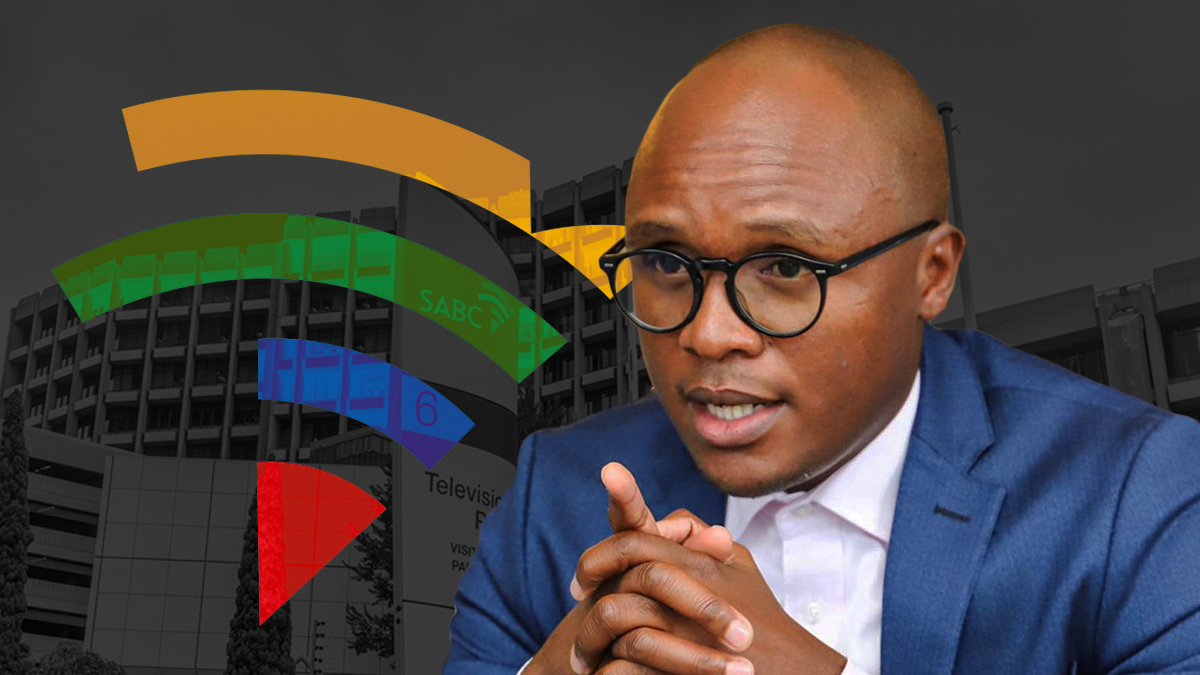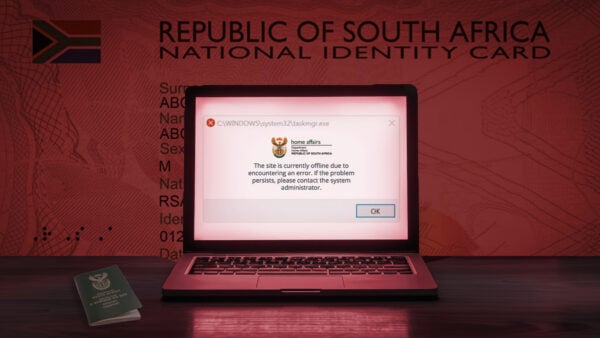Bad news for the SABC

The speaker of the National Assembly, Thoko Didiza, has not yet gazetted Communications Minister Solly Malatsi’s withdrawal of the SABC Bill from Parliament after nearly three months, EWN reports.
The Bill, introduced to Parliament in October 2023, is intended to repeal the outdated Broadcasting Act of 1999, which regulates the South African Broadcasting Corporation (SABC).
However, at the beginning of November 2024, Malatsi withdrew the bill after he deemed it “insufficient” to aid the deteriorating state broadcaster.
The Minister expressed his frustrations with Didiza in December after more than a month of waiting for her to take action, saying that “there is no other option for the speaker to do any other thing.”
He argued that it appeared as if there was political stalling from the Speaker’s office, which would be contravening “the very rules she is supposed to uphold”.
Parliament went on to say that the withdrawal of the bill has yet to be gazetted because clarity is needed regarding the Minister’s authority to do so.
This need for clarity could possibly result from new legislation concerning a minister’s ability to withdraw a Bill.
After Malatsi withdrew the bill, cabinet ministers were stripped of their power to withdraw bills without first getting approval from Deputy President Paul Mashatile and President Cyril Ramaphosa.
Mashatile wrote to National Assembly speaker Thoko Didiza, informing her that the decision was made during a cabinet meeting on 22 November 2024.
Mashatile’s spokesperson, Keith Khoza, said it is prudent that the cabinet and the president are involved in decisions to withdraw legislation when they are involved in its approval.
There seems to be confusion over whether the decision can be applied retroactively.
According to Democratic Alliance leaders in the Government of National Unity (GNU), it cannot apply retroactively, and Malatsi’s withdrawal has not been nullified.
However, the Minister of the presidency, Khumbudzo Ntshavheni, disagrees. She told media last year that Mashatile’s letter nullified Malatsi’s withdrawal of the SABC bill.
The withdrawal was carried out in terms of subrule 1 of rule 277, which empowers ministers to withdraw legislation by writing to the speaker.
Moloto recently told MyBroadband that based on Didiza’s response, Malatsi will explore all available options to reinforce his actions.
“Any legal recourse, should it be required, would be aimed at ensuring adherence to parliamentary rules,” Moloto said.
SABC blunder
However, Media Monitoring Africa director William Bird believes a revised funding model was required 15 to 20 years ago.
“The money required to sustain the SABC will need to come from some form of public funding,” Bird said.
“Communication Minister Solly Malatsi’s options will include some form of public-commercial model.”
Malatsi has said that his department is developing a new funding model for the SABC.
While TV licence delinquency has been identified as one of the root causes of the broadcaster’s financial demise, with only 13% of South Africans currently paying the tax, Bird said several other factors have also contributed to this.
One of these is the analogue switch-off, which Bird said saw the beginning of a project to switch off analogue broadcasts before many SABC-viewing households were ready to receive digital TV signals.
The analogue switch-off has been in the works for roughly two decades, with 12 ministers failing to deliver on the project.
The latest deadline for its finalisation to be missed was 31 December 2024, with Malatsi pushing it out to 31 March 2025.
This was primarily due to the perceived impact as the SOS: Support Public Broadcasting Coalition warned that switching off remaining analogue TV signals could result in the SABC losing more than 60% of its audience.
eMedia CEO Khalik Sheriff shared this view. While he acknowledged that analogue TV signals must eventually be eliminated, he said more than 4.3 million households rely on them for information.
Bird said South Africa has also wasted several opportunities to get additional revenue, such as a recent spectrum auction.
The analogue switch-off is necessary to free up spectrum for other purposes, such as mobile communications.
Bird said the R14 billion generated from the auction that went back into the fiscus should have been invested in a dedicated public interest content fund.
Bird’s argument that the analogue switch-off is a significant factor in the SABC’s demise is curious.
The public broadcaster has not reported a profit since its 2014/15 financial year, and its advertising revenue has been in decline for at least seven years.
MyBroadband contacted Didiza for comment but did not receive a response by the time of publication.
































